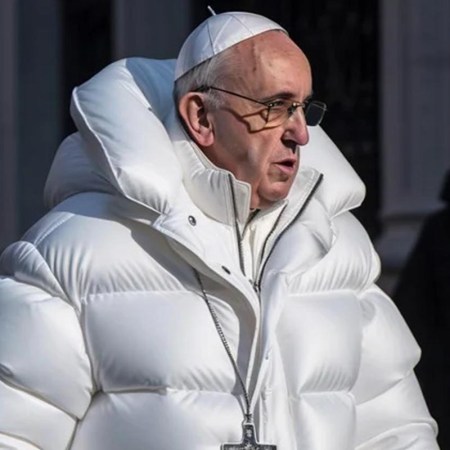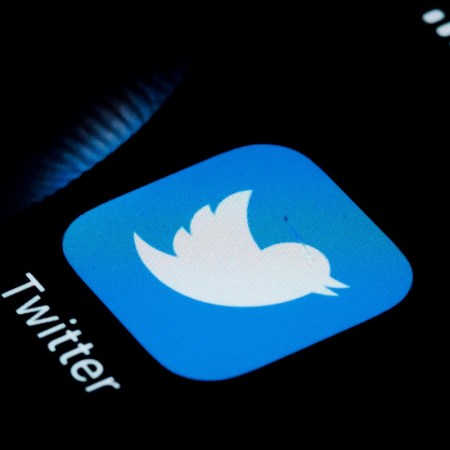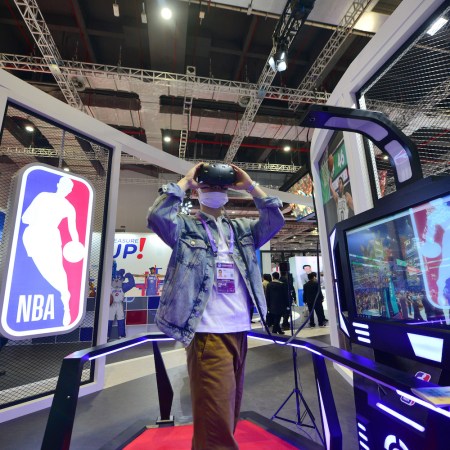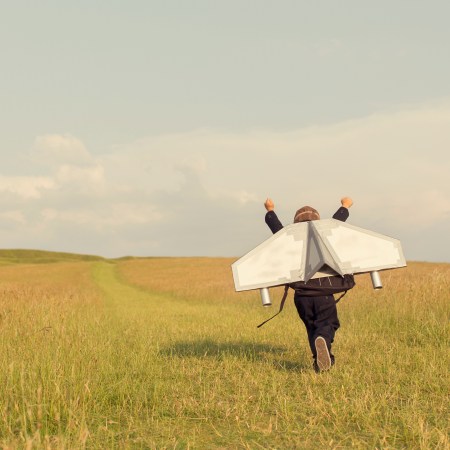Bosses are panic-buying spy software to keep tabs on remote employees. Zoom is doing some shady stuff with your conversations and online data. And the FBI suddenly wants you to download a fitness app.
Add in news about tracking people (and their temperatures) via their smart devices and we’re pretty much where we were right after 9/11 — throwing privacy out the window in the name of public safety.
As Kate Kaye wonders at Fast Company, does privacy matter during the time of COVID-19?
It’s already begun. Cities are using thermal cameras to detect sick people, drones are monitoring social interaction, and as Kaye notes, the White House has considered using mobile location data analytics for tracing contact among residents.
But that same, admittedly helpful data could be used by private health insurance firms to determine insurance rates or deny coverage, according to Aaron Shapiro, author and research fellow at NYU’s Information Law Institute.
And while the U.S. does not have the current ability to organize something like a government-wide scanning system, some cities and companies have been working with thermal camera company FLIR Systems to install their machines to detect COVID-19 cases.
The real issue is how much of that data is collected and then shared. If cities are doing it, they would “ideally have a privacy officer who’s raising these issues ahead of time,” as Adam Schwartz, senior staff attorney at Electronic Frontier Foundation, told Fast Company. “It needs to not be the department of transportation director and a corporate salesperson who do this.”
What investigators do have more access to is mobile location data and credit card transactions, all of which can help pinpoint when a patient made contact with others or where they visited. This contact tracing method has been used by China, South Korea and Israel, and has started to make headway into corporations and the government here in the U.S. (places like Hong Kong are even demanding arriving passengers wear a trackable wrist device).
Although there’s talk about some opt-in devices and methods here in the U.S., health and privacy do need to be balanced. “This could get Orwellian very fast,” Schwartz noted, later adding, “Whatever extra measures we use to deal with coronavirus, they have to expire when coronavirus ends.”
Subscribe here for our free daily newsletter.
Thanks for reading InsideHook. Sign up for our daily newsletter and be in the know.


















